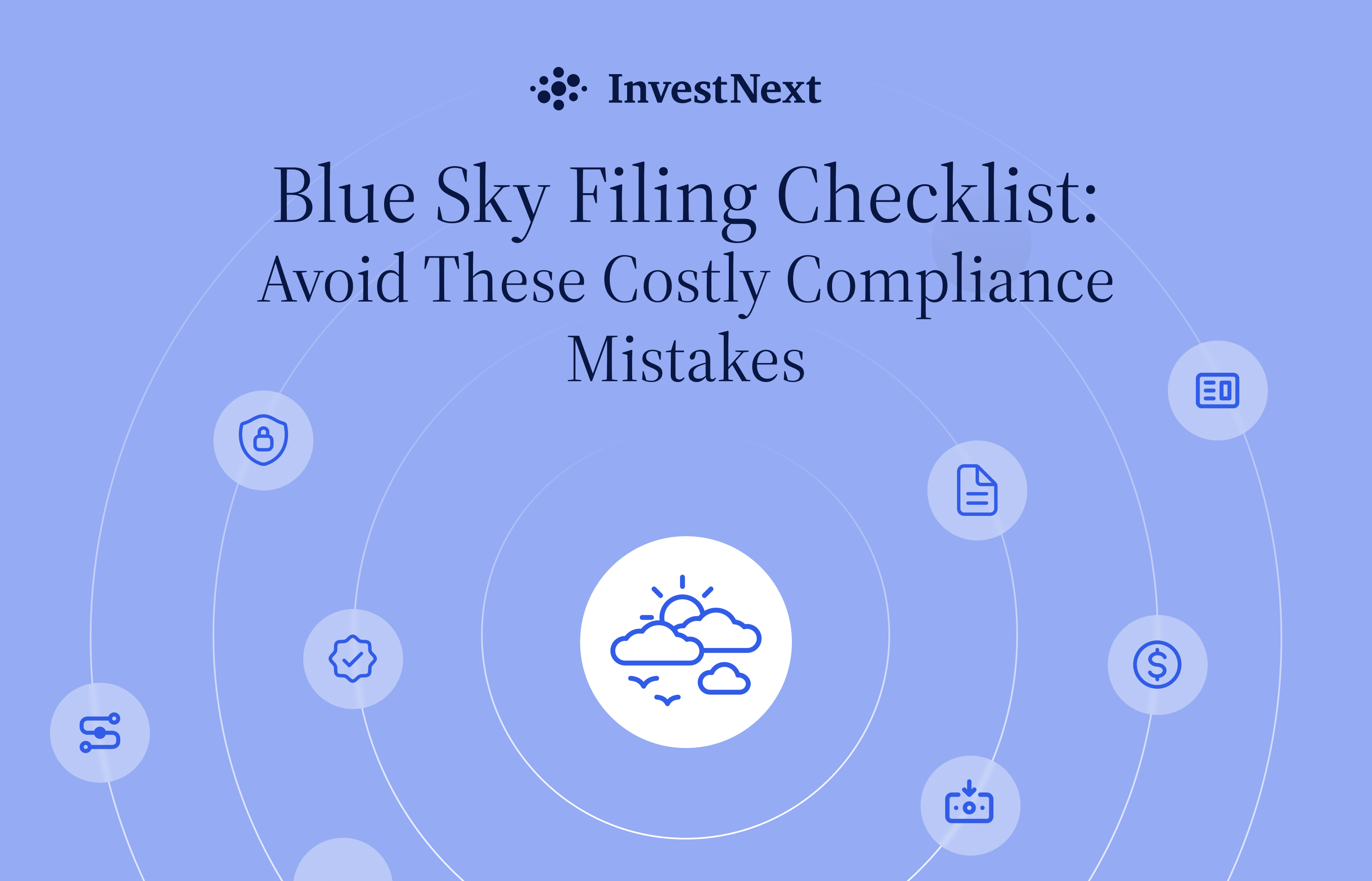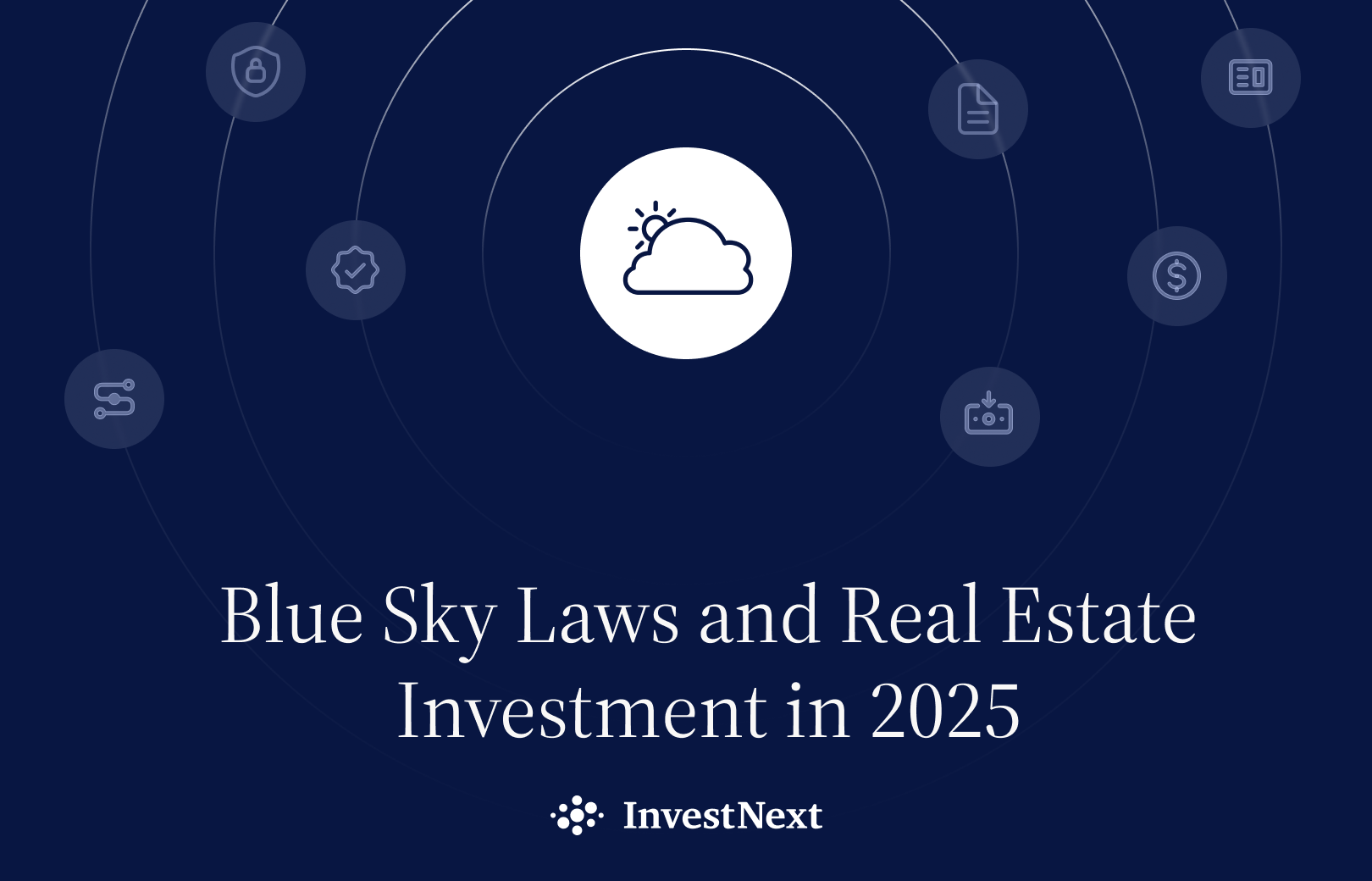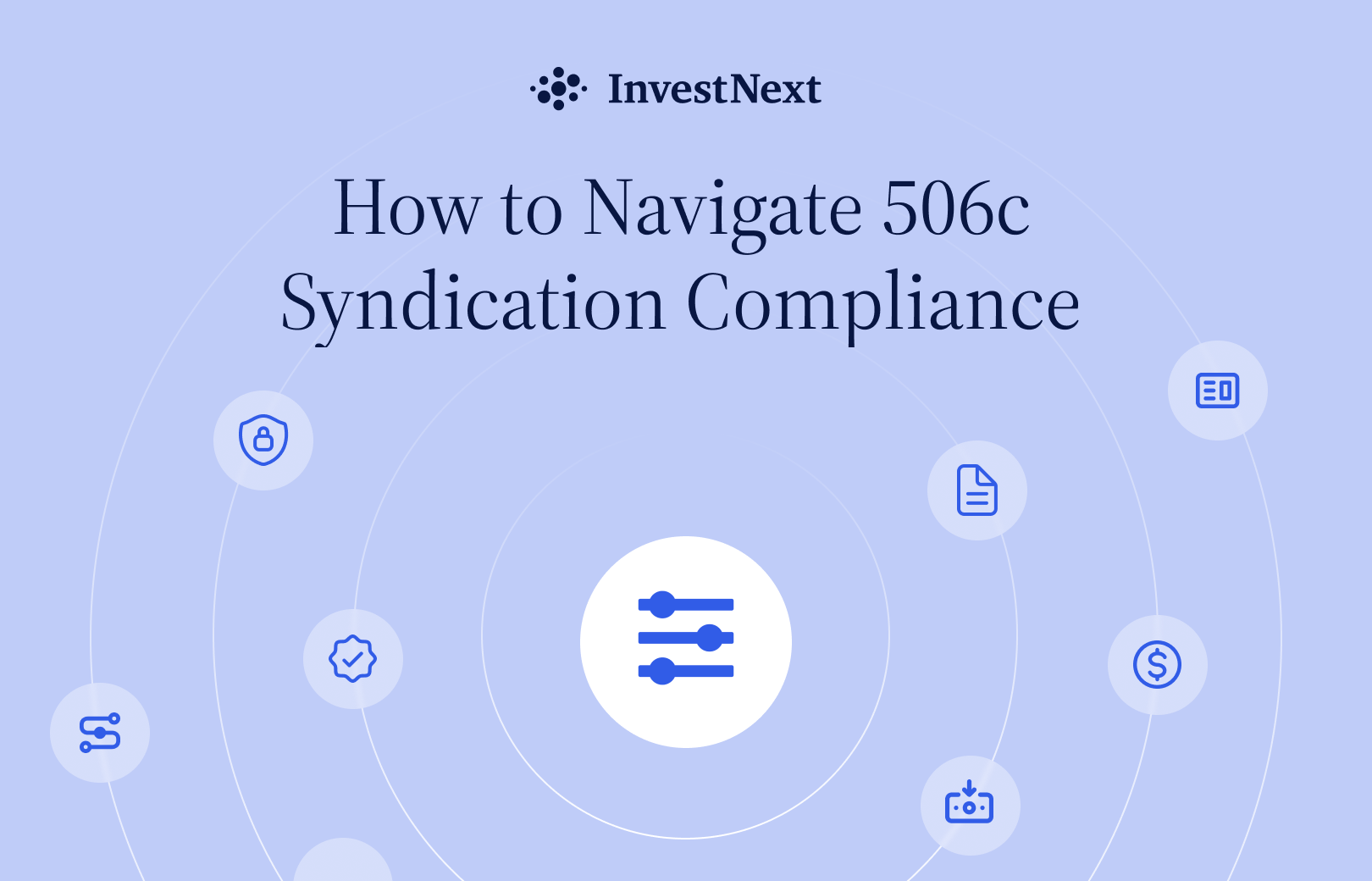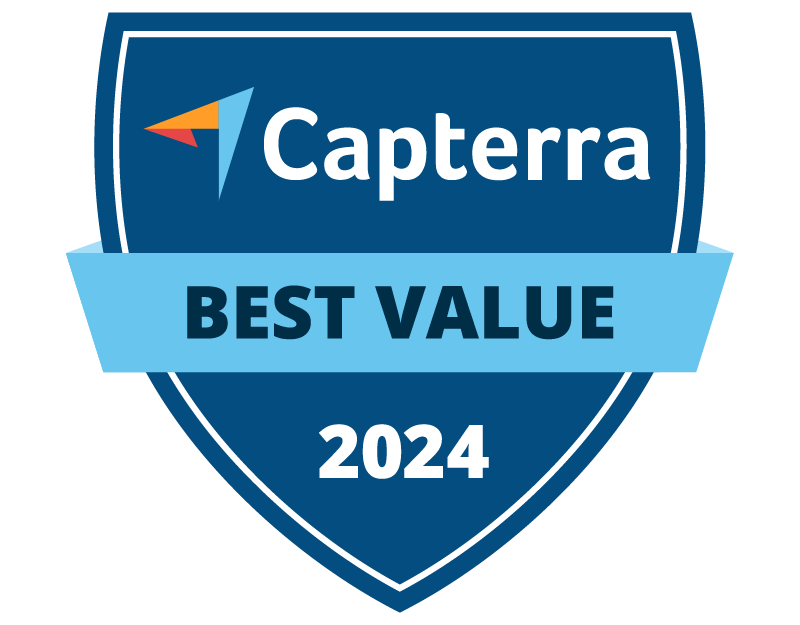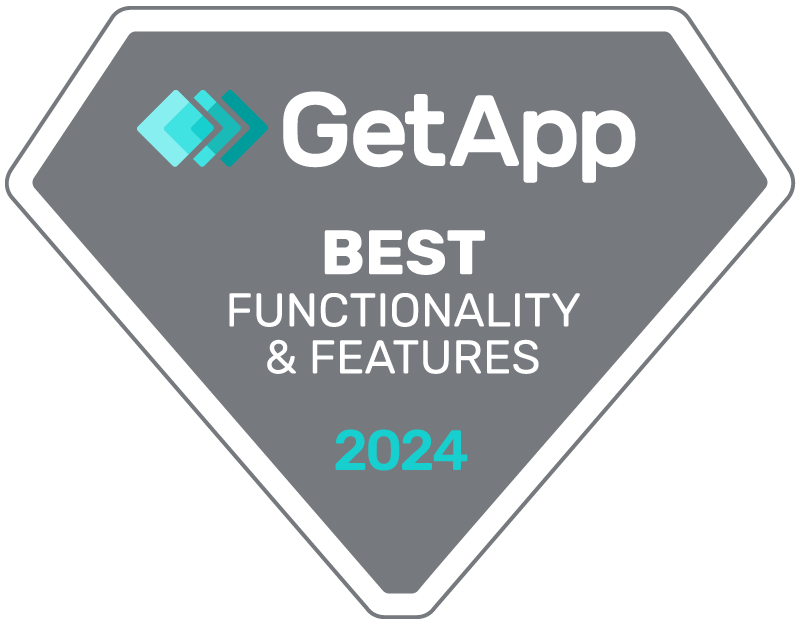When it comes to raising capital, seeking limited partners is the sought-after and most popular route sponsors will explore. However, once an entity takes on backers, they are subject to rules and regulations to ensure that they comply with the Securities and Exchange Commission (SEC). If you have ever heard the term Regulation D or (Reg D), then you would be familiar with Rule 506(b) and Rule 506(c), which are private placement exemptions that you should familiarize yourself with as a General Partner in the industry.
Regulation D 506(b) and 506(c) Distinctions for Real Estate Investment
Part of the Securities Act of 1933 gave birth to Regulation D, or Reg D, defining how private securities offerings occur. Reg D lists exceptions businesses rely on to issue these securities to investors. These rules determine who is eligible to invest and carry distinctions that both the entity and the investor should know.
When structuring syndicated real estate offers under Reg D guidelines, there are many factors to consider, including the following:
- Improvements to your reach under 506(c) to a larger audience
- General solicitations must go to accredited investors.
- Advertising can take advantage of the internet for greater market penetration.
- Businesses will need to use other exemptions under Regulation D if the offering under Rule 506(c) doesn’t meet the business objectives.
- SEC requires securities issuers to verify the accreditation of investors
Let’s have a closer look at what makes these rules different. Additionally, we’ll see how they may impact your investments.
Real Estate Syndication Offerings under Rule 506(B)
Considered to be the most popular amongst syndication deals. Rule 506(b) allows issuers to issue endless securities and raise an immeasurable amount of money from an unlimited number of investors as long as they meet the following requirements:
- No advertising to public markets or general solicitation
- You can have 35 non-accredited investors on board
Since the offerings are prohibited from publicizing, the sponsor pitching the deal must have a pre-existing relationship with the investors involved.
Though the upside to rule 506(b) syndication offers an unlimited amount of funding to acquire a property on behalf of the syndicate, the disadvantage is that issuers are not permitted to market or solicit for the investment, which means that investors may have a more challenging time finding out about the deals.
Real Estate Syndication Offerings under Rule 506(c)
Rule 506(c) allows private equity firms and individual syndicators to advertise their deals only to accredited investors and must initiate the required steps to verify the purchasers’ status. To validate the investor’s accredited status, issuers can request prepared financial documents from the investor’s CPA, credit report, tax returns, brokerage, and other financial statements.
Under these specifications, issuers may advertise their offering if they meet the criteria and include the appropriate language and disclaimers.
Note: To understand the requirements of an accredited investor. Check out the article here.
506(b) vs 506(c)
To conclude, the following lists the fundamental distinctions between these two sorts of offerings:
Reg D 506(b)
- Include 35 non-accredited investors
- Ability to raise an unlimited amount of money
- No general solicitation
- Accredited Investors can self-certify their accreditation status
Reg D 506(c)
- Raise capital through advertisements, as long as they partner with accredited investors
- Establish a verification procedure to validate the investor’s accredited status
- Permitted use to advertise offerings on various media platforms
- Accredited investors must have a third party verify their accreditation status
When raising capital through private placements, your due diligence is critical in ensuring that you maintain compliance with the SEC as an issuer. A conversation with an SEC attorney may be a vital piece in helping you decide the approach for your offerings and discuss, at length, exemptions that fit your circumstance.
Investor Management and Performance
Monitoring investor performance while trying to raise capital can prove to be a difficult task without the right software. InvestNext is an all-in-one solutions-based platform that enables you to manage the entire lifecycle of your real estate syndication. From same-day ACH transactions to waterfall calculations, impress your investors with stylish deal rooms and a clean-cut easy-to-use investor portal.
Schedule a demo today to see how our team can help you to welcome the next level of raising capital.

